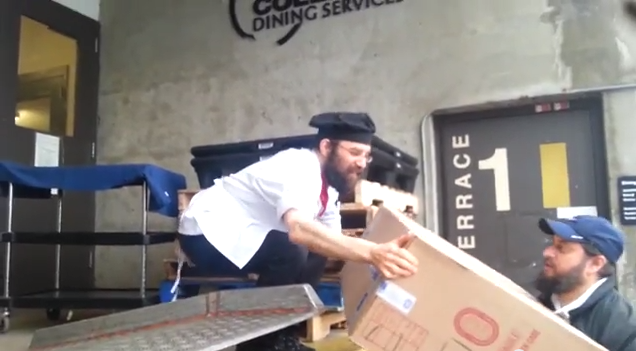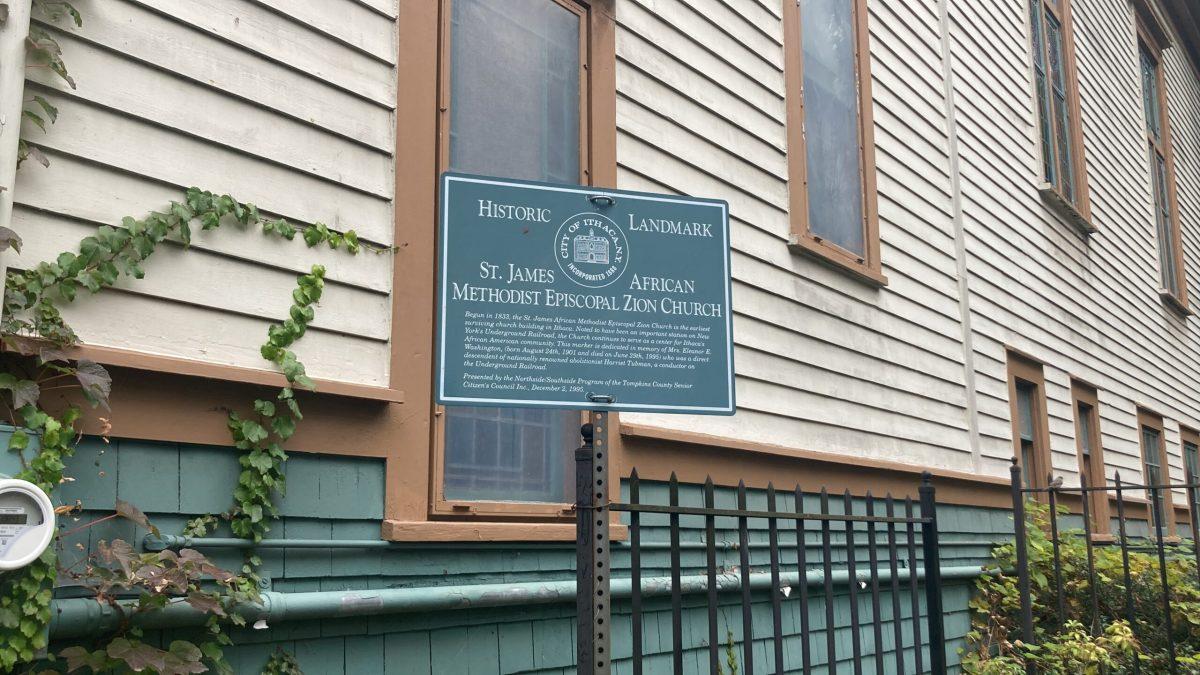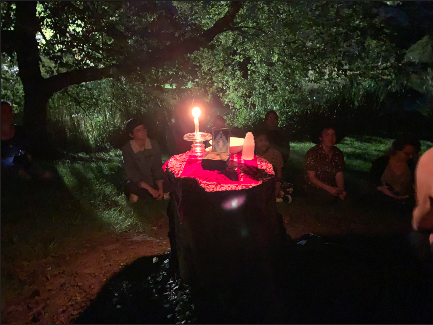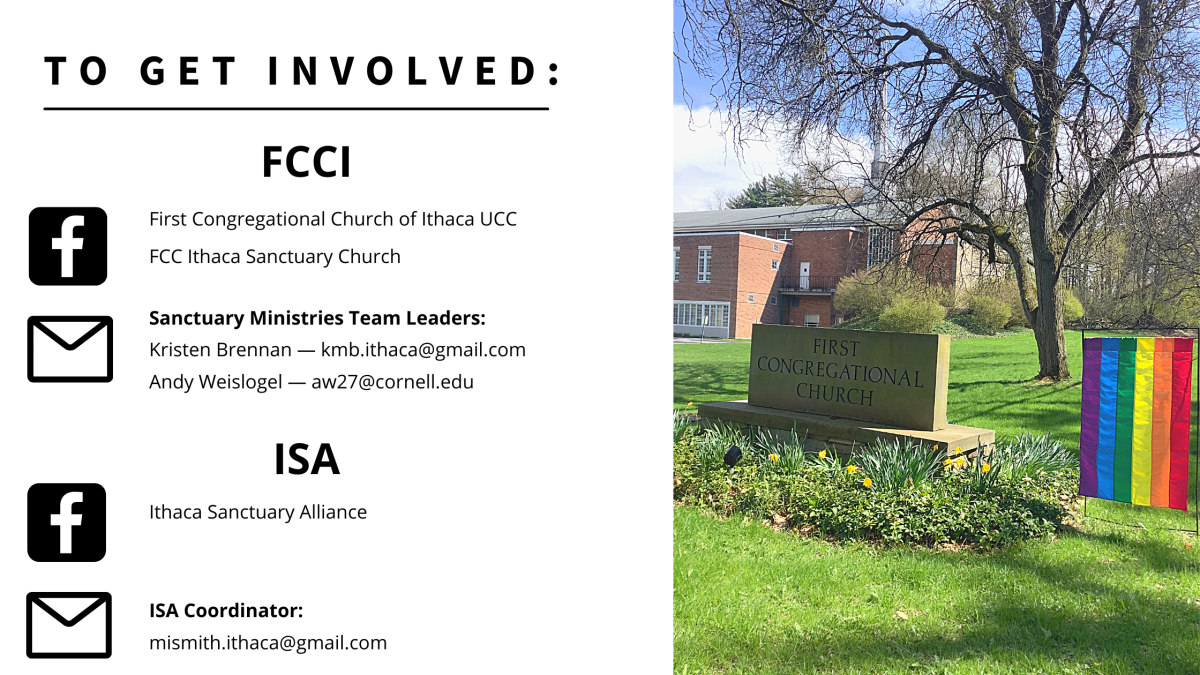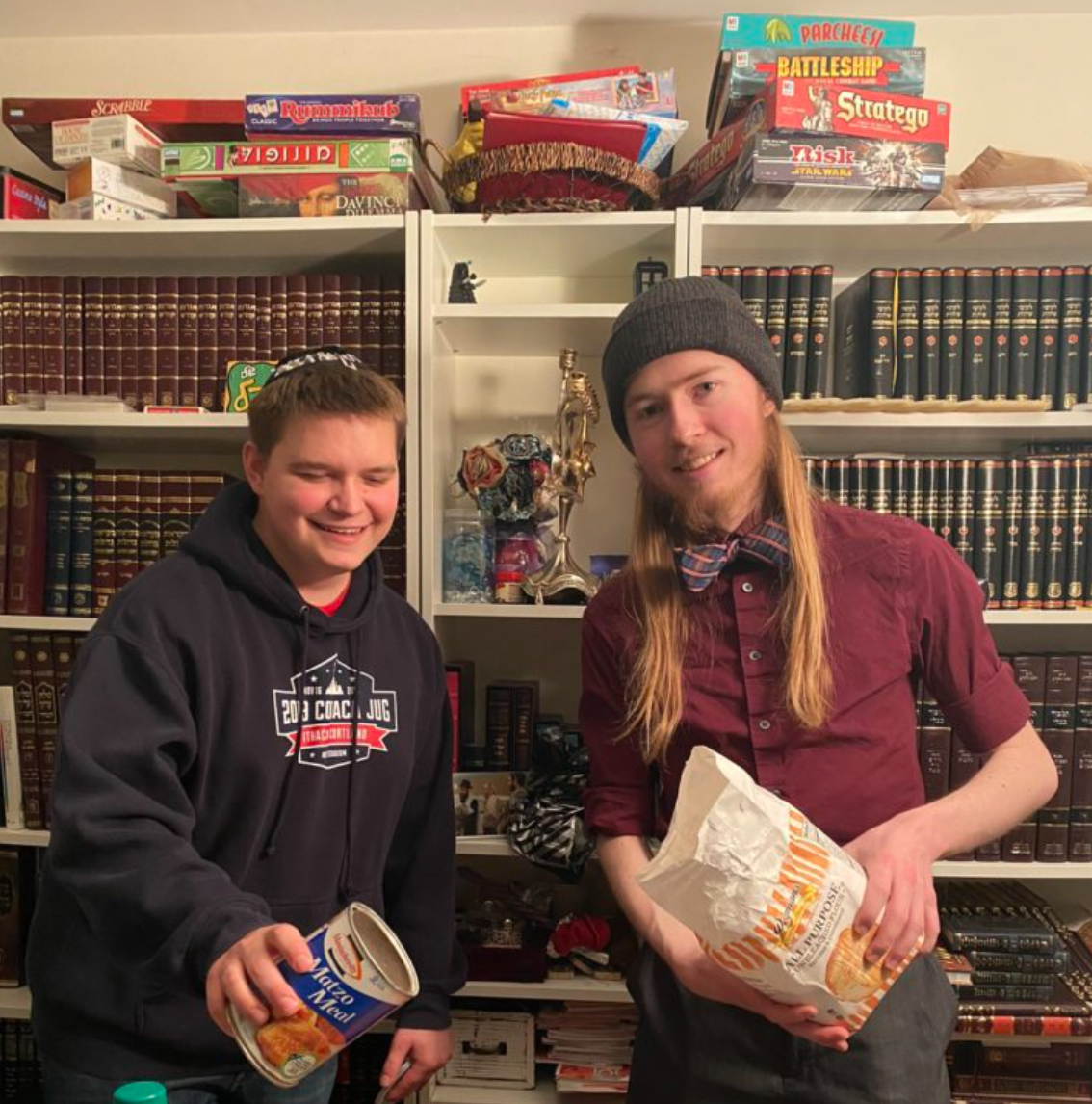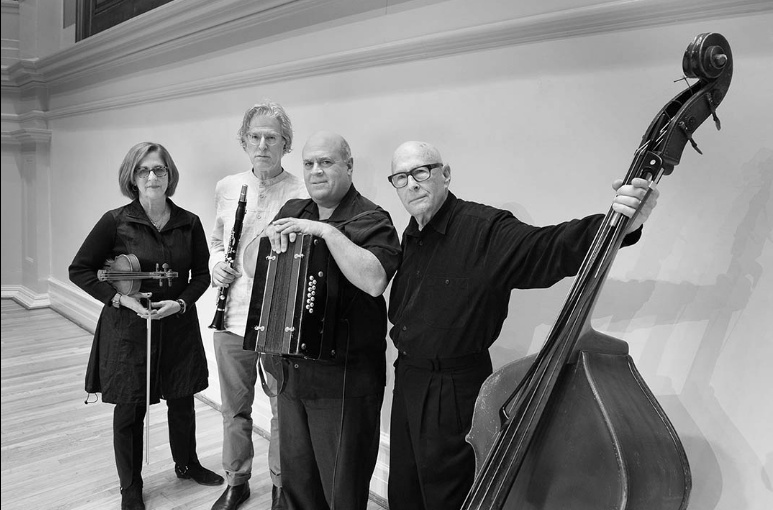The Roitman Chabad Center at Cornell University is offering free matzahs and kosher wine to those in the Jewish community hosting a seder this Passover season.
The matzah, unleavened bread, and kosher wine are central to the seder dinner that takes place on the first two nights of Passover, a Jewish holiday acknowledging the journey to Israel to escape slavery in Egypt.
Chabad feels the obligation to make the two central items of the seder available to Jewish people, the community and students at Cornell, Rabbi Birk, Chabad’s program director said. Last year the program distributed to about 50 families.
“We give it to anyone Jewish who wants to participate in Passover. Now, most Jews will not get the special shmurah matzah, which is handmade and watched from the time of harvesting to the time of baking,” Rabbi Silberstein, of the Chabad Center, said.
Shmurah is a Hebrew word meaning ‘guarded,’ Rabbi Dovid Birk, said. The matzah is made solely for sacred purposes.
Besides eating matzah, another key component of the Seder is drinking four cups of wine, which, Birk added, is a beloved part of the tradition.
“The formalities [of the seder] ease up throughout the night, you know, through the four cups of wine,” Birk said.
Through funding from the Ithaca Area United Jewish Community (IAUJC) and their own fundraisers, Chabad puts on programs to bring the Jewish community together. One of those programs provides handmade Shmurah matzah to the community for Passover, Rabbi Silberstein of the Chabad center said.
The IAUJC is a community organization that raises money to help support local Jewish organizations, like Chabad. The purpose of IAUJC is to enrich Jewish life in Ithaca, NY, Howard Erlich, chair of the organization’s allocations committee, said.
The donations increase the feeling of community by providing access to celebrating tradition, Marcia Zax from IAUJC’s board of directors, said.
“Chabad is in the business of helping people observe, and so what Chabad has requested of [IAUJC] is funds to help them do their thing, which in this case is help them afford to distribute wine and matzahs to- frankly to whomever asks for them,” Erlich said.
Another one of Chabad’s goals is to connect the Jewish community with their heritage, Birk explained.
“I think for most Jewish people those two nights [of Passover] are remembered fondly because that’s when the family gets together with the extended family. There’s an order that goes on during the evening, we read from the book called the Haggadah; There’s 15 steps that we follow throughout the night to celebrate the historical celebration of the freedom of the Jewish people as they are freed, the exodus of the Jewish people from Egypt,” Birk said.
The whole story of matzah is based on the Passover story. IAUJC wants to help people fulfill the Mitzvah (a commandment of Jewish faith) of holding the seder, Erlich said.
“In the small towns, in some ways, it’s even more important to try to do things to stimulate Jewish life and so we think we meet an important need in our little corner of the world here,” Erlich said.
This is the second year Chabad has offered this program to the community.

